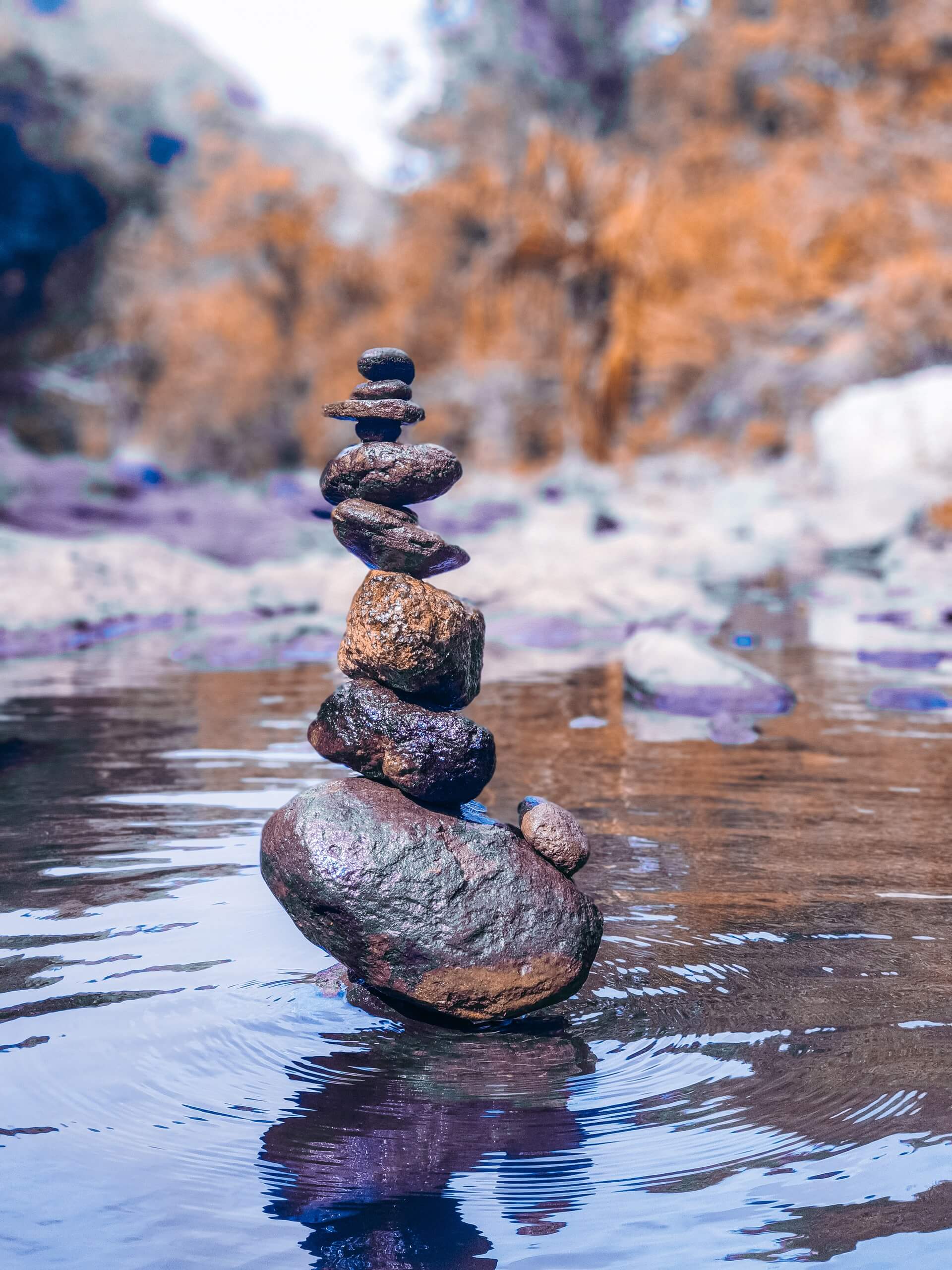Is Reverse Osmosis water the same as distilled water?
Reverse osmosis (RO) water and distilled water are both purified waters that become so by removing an array of impurities including chlorine, heavy metal, and organic and chemical contaminants. That said, because the systems are designed differently, there are some impurities RO systems can remove that distillation systems cannot – and vice versa. The differences are small and your water will be essentially pure using either type of filtration device; but these differences are worth delving into further.
Let’s take a look at shortcomings found in each type of device:
Reverse Osmosis
Reverse Osmosis is a less effective option for removing pesticides and other chemicals used in farming like herbicides and fungicides. Also, reverse osmosis systems have a hard time removing volatile organic contaminants and dissolved gasses like oxygen and carbon dioxide.
Distillation
Distillation also comes with limitations - it isn’t a good method for removing contaminants that contain high vapor pressure like mercury, which gets condensed right back into the water.
What is Reverse Osmosis?
Here’s a bit of history for you: Reverse osmosis drinking machines were originally invented during World War II to bring drinking water onto submarines by taking seawater and reducing its mineral salt content by 90%. Reverse osmosis machines are popular today and incorporate a filtration process that involves high pressure and multiple filters to purify water. Reverse osmosis water units incorporate a semi-permeable membrane as well as pre and post-filtration filters: a sediment filter and two carbon filters.
Reverse osmosis in water filtration occurs when a solvent travels through a semipermeable membrane using outside pressure to reverse the normal flow of water. In this process the solute remains in the membrane’s pressurized side while the pure solvent passes through onto the other side.
Advantages of Reverse Osmosis
Perhaps the biggest advantage of reverse osmosis is that it is usually hooked up directly to your water line, offering you an immediate pipeline to clean, purified water. Some of the best RO systems can produce 75 gallons of purified, fresh drinking water per day, everyday. With this method, it is as easy as turning on your tap. This is a good option for people who want a simple filtration system that doesn’t change the way you are used to getting your drinking water. Now, let’s look at another advantage, the remineralization cartridge.
Re-mineralization Cartridge
Another advantage of reverse osmosis is the re-mineralization cartridge that comes standard with most RO filters these days. You have the option to use it if you want to re-add or re-mineralize some of the minerals that reverse osmosis takes away to purify your water. If you enjoy the health rewards of drinking mineral-rich water – or just like the way it tastes, this could be a benefit to you. The best part is, the re-mineralization cartridge is designed to be a part of the existing system and blend in with the other components – allowing you to seamlessly pump minerals like magnesium and calcium into your water.
Disadvantages of Reverse Osmosis
First off, maintaining your reverse osmosis system will cost more in service fees than it costs to operate a distiller. Why? Because the filters and membrane that catch the impurities in your water become too saturated and need changing every 6-12 months and two years, respectively.
Also, RO systems just cost more. You can get a basic reverse osmosis system for about $300. There are less expensive systems on the market, but they likely won’t perform as well.
To sum it up - leading reverse osmosis systems, which remove contaminants and purify efficiently will be more expensive in both the initial cost of the system and in the parts, including replacement membranes and filters. But for the added cost you are getting a more valuable system.
What is Distillation?
Distillation, very simply, removes impurities by boiling the water; then, when contaminants, bacteria and sediments, etc. don’t turn into steam (because they have a different boiling point than water) they remain in the boiling chamber while the clean, pure, newly distilled water gets condensed into a new, clean container, ready for consumption.
Reverse osmosis vs. distilled water: Which is better?
Both systems have benefits and drawbacks - and all in all, both will provide you with clean, purified water. Because reverse osmosis and distilled water give off a similar result with a similar level of purification and a similar taste, what matters most is which system solves your problem better for YOU.
Distilled water costs less – but it takes a very, very long time to produce. In other words, distillation is not the best method for people who want to provide their entire family with clean drinking water, all the time – it just isn’t convenient.
Reverse osmosis obviously costs more, but it comes with the convenience of being able to turn on your tap and have fresh, pure water come right out of the faucet – plus, the remineralization filter will add quality to the taste and freshness of the water AND it adds valuable minerals that are lost in the purification process.
Here’s what both RO and distillation have:
- Both come with the health benefits of drinking pure, clean water
- Both are better for the environment, as you won’t need plastic water bottles
- Both can produce clean, tasty water from your home
Choose The Water Machine
The Water Machine is a state of the art Activated Carbon water filter with a sleek, stylish, all-glass design. And, it’s the world’s most eco-friendly water filter.
Why is The Water Machine the best choice for helping eliminate waterborne illnesses? Because it effectively removes 99.999% of contaminants like viruses, pesticides, fluoride and more. Let’s take a look at some more of the contaminants removed by The Water Machine. It removes: Bacteria like E. coli, Chlorine and Chloramines, Viruses, Parasites, Fluoride, Heavy Metals, Trihalomethane (THMs), Pharmaceuticals, Petroleum Contaminants, Bisphenol-A (BPA), Radiologicals, Perfluorochemicals (PFOAS), and Herbicides & Pesticides.
Considering a Water Filtration system for your home? Choose The Water Machine!















